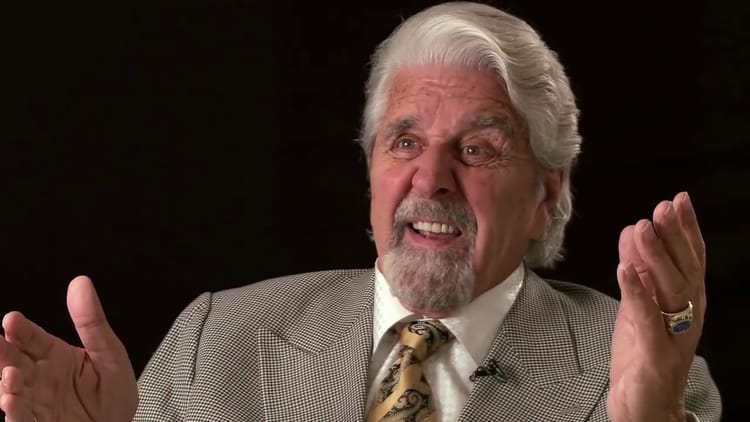What If Selling Wasn’t About Convincing Anyone?

The Quiet Revolution in Sales: Shifting from Hustle to Harmony
In a world where buyers are more informed and sales noise is at an all-time high, Bill Caskey’s “7 Simple But Powerful Sales Philosophies” offers not a script, but a compass. It’s not a how-to manual filled with manipulative techniques—it’s a mindset shift that reframes selling as a conversation, not a conquest. The message? If you’re still trying to “convince” someone, you’re already behind.
From Pitchman to Problem-Solver
Selling used to be about pressure. Think of the old-style door-to-door vacuum salesperson—loud, persistent, and always with a limited-time offer. But in today’s landscape, that’s like using a megaphone in a library. Buyers aren’t persuaded by force—they’re moved by relevance.
Caskey argues that the highest earners in sales don’t try to sell at people; they listen for problems. They behave more like skilled GPs than pushy vendors—diagnosing before prescribing. The goal isn’t to get someone to say yes, but to uncover the real pain points and then build trust by offering clarity and value. Convincing, in this context, is not only outdated—it’s tone-deaf.
The Subtle Art of Letting Go
There’s a paradox at the heart of effective selling: the less attached you are to the outcome, the more likely the right outcome will happen. Caskey calls out the unspoken truth: most salespeople care more about closing than the client does about solving their problem. The result? An invisible tension that buyers can smell the moment you walk in.
He encourages professionals to adopt a mindset where the customer’s priorities come first—not as lip service, but as an operating principle. Your commission? Irrelevant. Your company’s quarterly goals? Not their problem. Like a good dance partner, the best salespeople lead—but they also sense, respond, and allow room for the other person to move.
This detachment doesn’t mean disinterest; it means clarity. When you remove your own “neediness” from the conversation, what remains is genuine curiosity and space for the client to reveal the truth—not what you want to hear, but what is. And in that truth lies the opportunity.
Trust is the New Currency
Imagine walking into a tailor’s shop where you’re greeted not with fabric swatches, but with questions about your lifestyle, your habits, your insecurities. That’s what Caskey describes as creating the “atmosphere for truth”—a space where honesty feels safe.
When prospects sense pressure, they retreat. When they sense presence, they engage. The real work of a salesperson, then, isn’t to "close" the deal—it’s to open up a dialogue where the buyer can be truthful about their doubts, priorities, and budget. That atmosphere, when free of ego and sales tactics, leads to the one thing money can’t buy: trust.
And trust, once built, removes the need for persuasion. It also makes room for the prospect to say “no”—and for the salesperson to be OK with that. In Caskey’s words, “If the truth is they’re not going to buy from you, I want to know that early.”
In summary, these philosophies don’t require a reinvention of what you sell, but a reinvention of how you show up. Think less hunter, more guide. Less script, more stillness. When you stop chasing the sale, and start serving the truth, the right people lean in—and often, they buy without being sold.





Member discussion